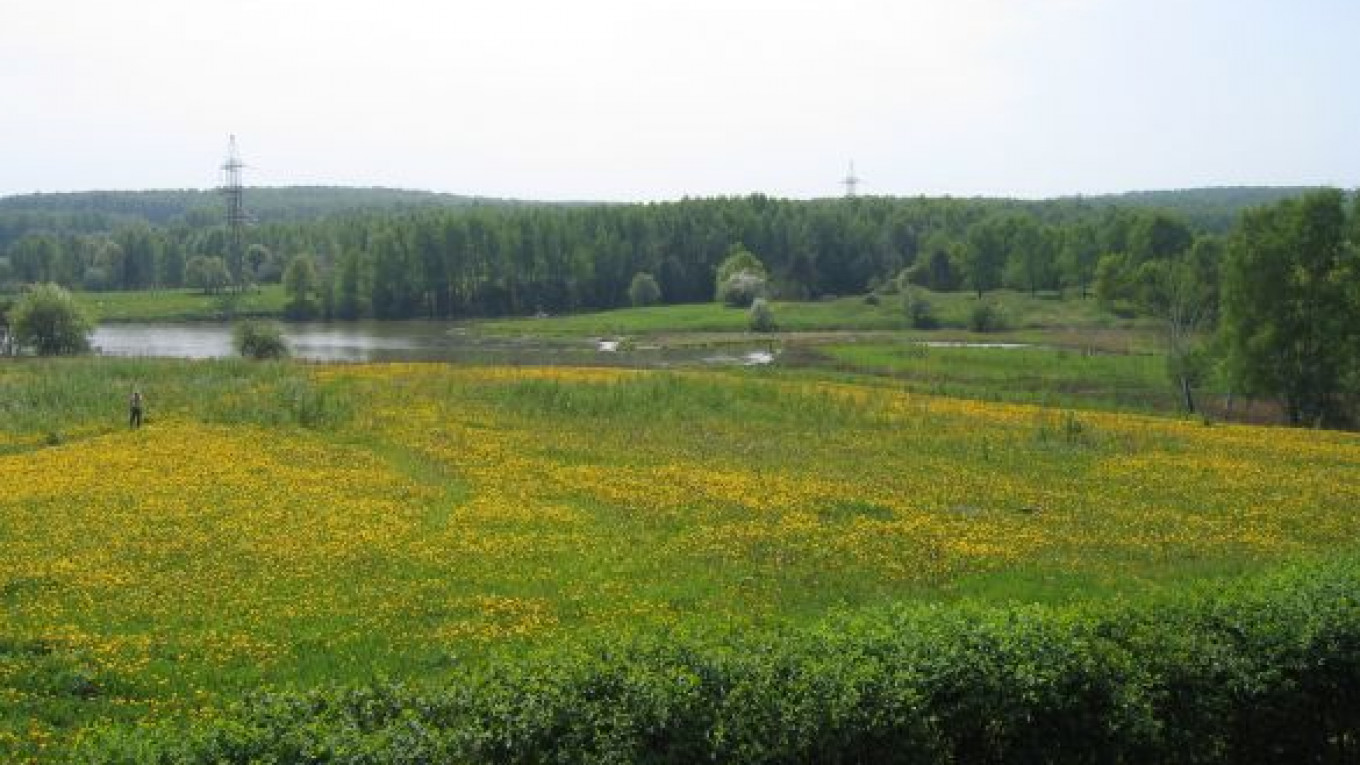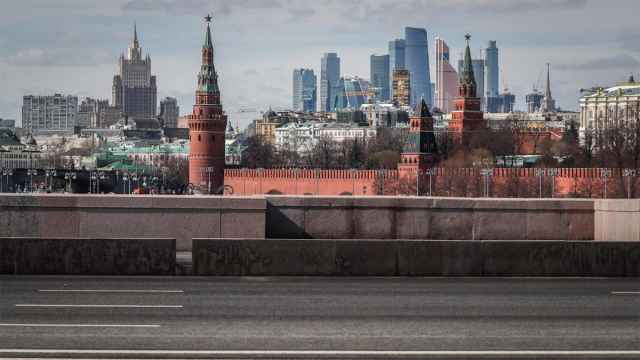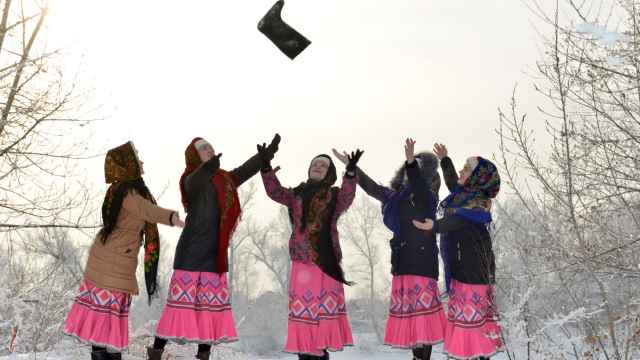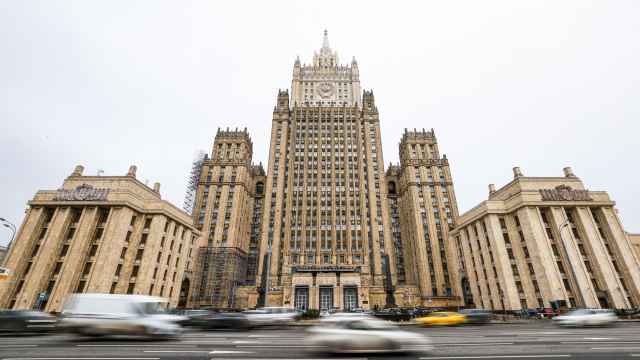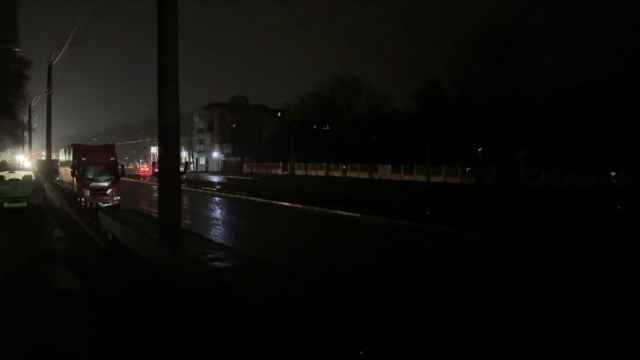Greenpeace Russia is planning to appeal to prosecutors to investigate construction work on a new metro line beneath protected woodland in southern Moscow.
The group says it asked for an investigation into what it calls illegal clearing of trees to make way for infrastructure needed for the new line, lawyer Olga Blatova said.
The move will escalate a simmering confrontation between local residents and builders working on a new stretch linking the gray and orange metro lines with the light-rail line in the city's south.
The Novoyasenovo station, at the end of the Orange Line, where Bitsevsky Park meets the Moscow Ring Road, is meant to take park-and-ride traffic from the region, helping to ease the load on the capital's congested roads.
Under normal circumstances, construction in the park is strictly prohibited because it is a specially protected natural area.
But in February, Mayor Sergei Sobyanin signed a law allowing construction of buildings "necessary for the metro" in the protected woodland, where metro officials say they need to build ventilation shafts.
Blatova said the city promised that no trees would be felled during the construction work, but in actuality some land has already been cleared, and a road was laid to make way for heavy equipment.
Residents complain that builders cordoned off the construction site with corrugated steel fences to prevent anyone from seeing what is going on inside.
Campaigners also complain that Moscow Metropolitan has ignored recommendations from City Hall's own experts that the new line should be built at a depth of at least 30 minutes to avoid damage to the woodland.
Sobyanin defended the project, saying last week that the metro would actually improve the environmental situation by easing traffic flow on the MKAD and other nearby roads.
Related articles:
A Message from The Moscow Times:
Dear readers,
We are facing unprecedented challenges. Russia's Prosecutor General's Office has designated The Moscow Times as an "undesirable" organization, criminalizing our work and putting our staff at risk of prosecution. This follows our earlier unjust labeling as a "foreign agent."
These actions are direct attempts to silence independent journalism in Russia. The authorities claim our work "discredits the decisions of the Russian leadership." We see things differently: we strive to provide accurate, unbiased reporting on Russia.
We, the journalists of The Moscow Times, refuse to be silenced. But to continue our work, we need your help.
Your support, no matter how small, makes a world of difference. If you can, please support us monthly starting from just $2. It's quick to set up, and every contribution makes a significant impact.
By supporting The Moscow Times, you're defending open, independent journalism in the face of repression. Thank you for standing with us.
Remind me later.


